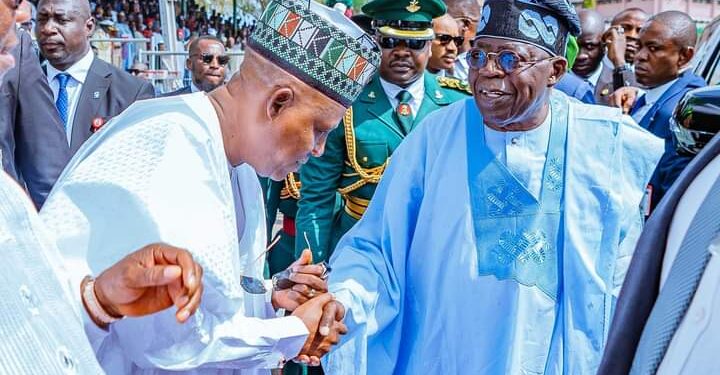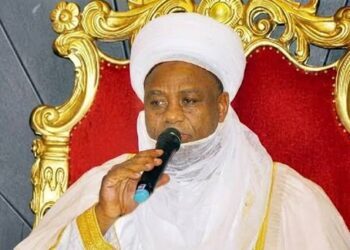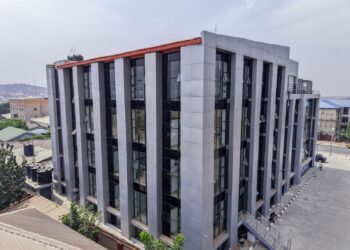Former leaders of the National Association of Local Government and Development Studies have praised President Bola Tinubu for his strong stance on local government autonomy.
In separate interviews with the News Agency of Nigeria (NAN) in Lagos, they lauded Tinubu’s efforts to empower local governance.
Dr. Kazeem Lamidi, a former member of the Obafemi Awolowo University (OAU) Students’ Representative Council and senior lecturer in the Department of Local Government at OAU, highlighted the longstanding demand for local government autonomy.
“Local governance is crucial for effective administration and clear development agendas,” said Lamidi.
He emphasized that Tinubu’s initiative would facilitate direct revenue allocation, enhancing local governance and prompt social services delivery.
Dr. Ayotunde Odewale, the pioneer President of the National Association of Local Government Students at OAU, echoed this sentiment.
“Nigeria’s development depends on strengthening local government institutions,” Odewale noted.
He advocated for cooperative relationships between local and state governments, especially for functions like primary education, healthcare, and agricultural development.
Oluwaloseyi Babaeko, a former CTC Chairman of the Association and past Secretary of the Nigerian Students’ Association at the University of Leeds, UK, asserted that full local government autonomy is long overdue.
He urged the National Assembly to amend Section 162 of the Constitution to eliminate the joint state-local government account.
“Local governments need financial and political independence to drive national development,” Babaeko stated.
He also called on state governors to support Tinubu’s initiative and proposed creating a Ministry of Local Government at the federal level.
These commendations come as the Federal Government seeks enforcement of local government autonomy through the Supreme Court, aiming to prevent state governors from unlawfully dissolving elected local government chairmen and constituting caretaker committees.











